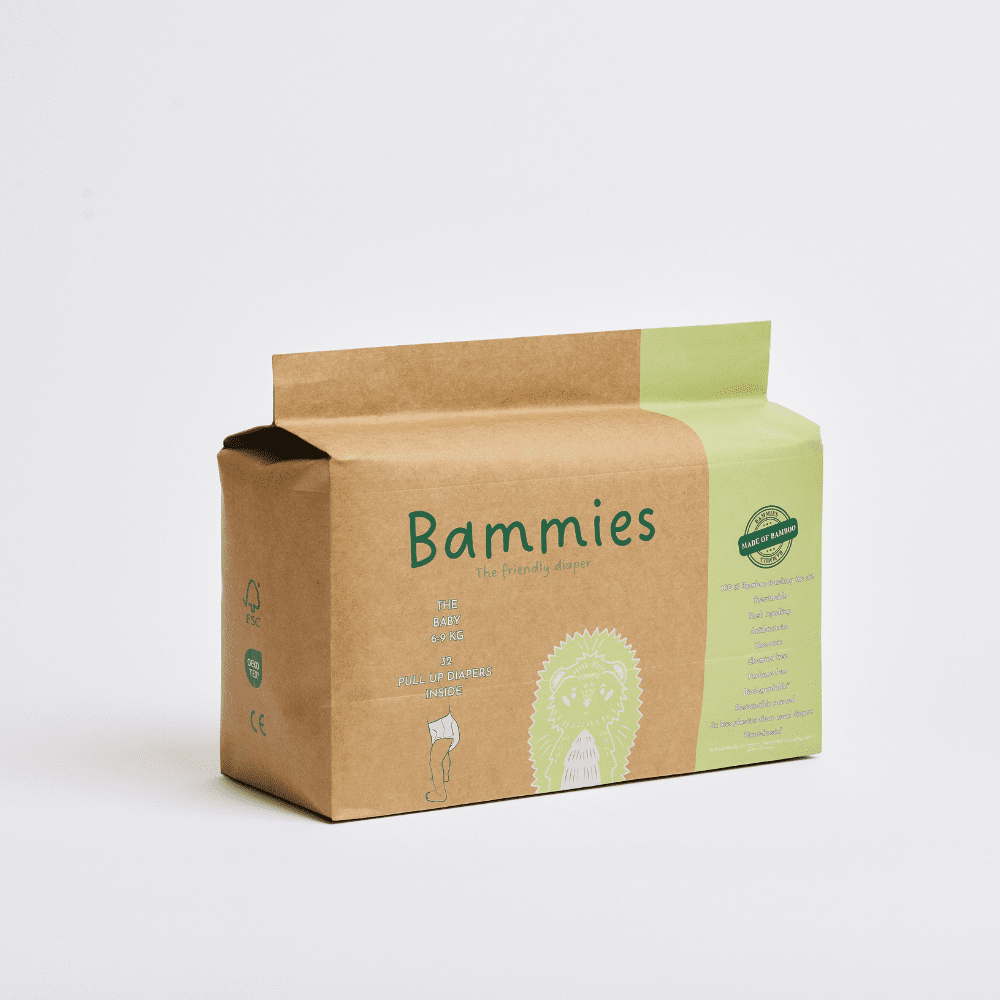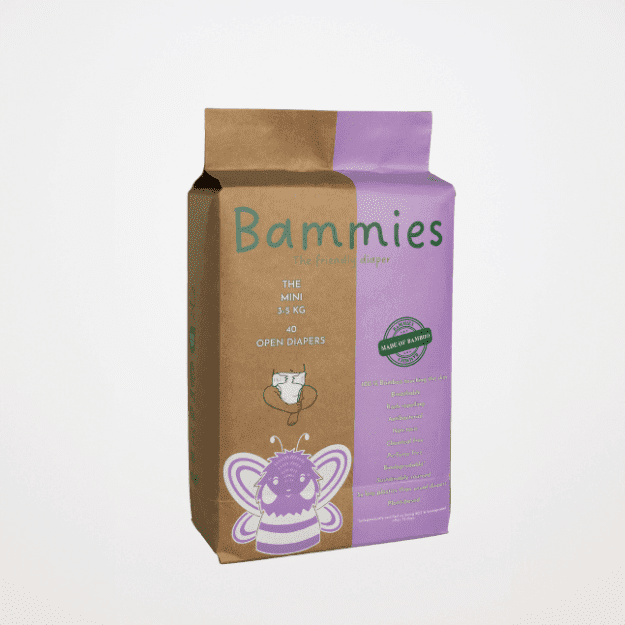From a report by Statista , the consumption of baby diapers in Sweden in 2020 was estimated at approximately 352 million disposable diapers. This is an incredible amount and a big problem as we know that plastic diapers have a significant impact on the environment. They are made from synthetic materials such as polypropylene, polyethylene and petroleum-based plastics, which take hundreds of years to break down. When plastic diapers are thrown into landfills, they can take up to 500 years to break down. When they are broken down or burned (as they are done in Sweden today), they release harmful chemicals and greenhouse gases into the environment, such as methane, carbon dioxide and volatile organic compounds (VOCs). These chemicals contribute to air and water pollution and can harm both human health and the environment.
In addition, the manufacturing process of plastic diapers requires significant amounts of water, energy and other resources. It also generates large amounts of greenhouse gas emissions, which contribute to climate change. Bamboo, on the other hand, has the opposite effect on location. Because the plant grows so quickly, it shares soil and ground with other vegetation - it does not need dedicated arable land but can grow in both forest and hillside plantations. The bamboo plant also does not drink as much water and absorbs carbon dioxide from the air.
Therefore, it is especially important to consider more environmentally friendly alternatives to plastic diapers, such as biodegradable disposable diapers such as our HumbleBummies, which are the first in Sweden with this type of diaper. These options can significantly reduce the environmental impact of diaper use and promote sustainable parenting practices.
Read more about why our diapers make a smaller climate footprint and our story here .

